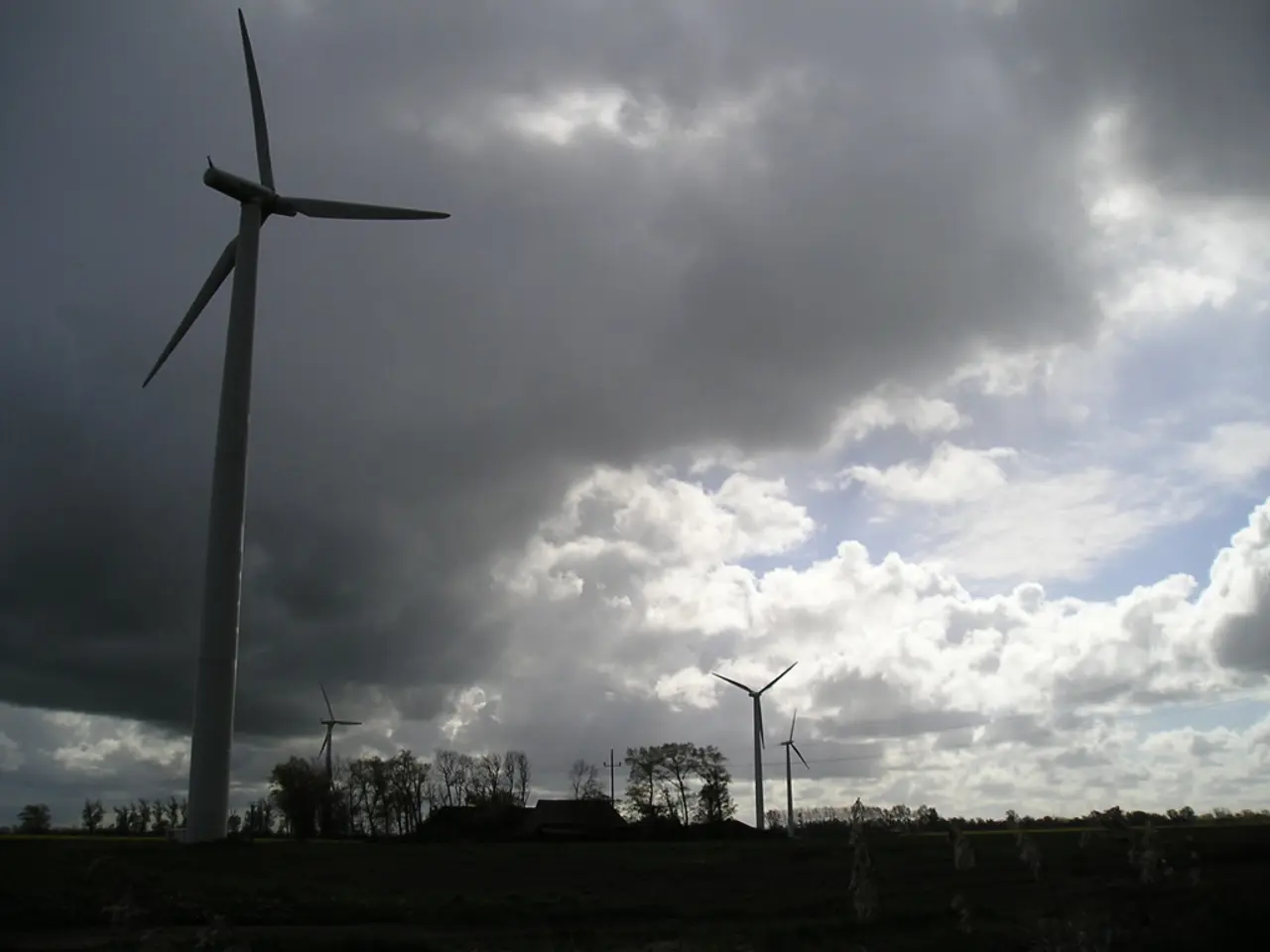Senator Grassley criticizes delay in confirmation of 3 nominees for positions in the Treasury department under Trump's administration
In a notable standoff, Sen. Chuck Grassley, a seasoned politician who has been a member of Congress since 1975 and in the Senate since 1981, has refused to bow to President Donald Trump's pressure to eliminate the "blue slip" rule in the Senate Judiciary Committee.
The ongoing disagreement centres around this longstanding tradition that gives senators the power to block judicial and U.S. attorney nominations in their home states. Trump, in a post on his Truth Social platform, called the rule a "scam," "ridiculous," and "probably unconstitutional," arguing that it prevents presidents from appointing their choice of highly qualified judges and U.S. attorneys.
However, Grassley has expressed strong support for maintaining the blue slip custom. He has rebuffed Trump's calls to scrap the process, stating surprise and offense at the president's personal insults and emphasizing that the blue slip process deeply impacts states' judicial systems.
Grassley's stance is particularly evident in his decision to place a hold on three of President Trump's nominees for the Treasury Department. The nominees in question are for the positions of general counsel, assistant secretary, and undersecretary in the Treasury Department.
Trump believes a president would "never be permitted to appoint the person of his choice" due to the "blue slip" rule. He has accused Democrats of using the rule to block Republican nominees, mentioning senators such as Schumer, Warner, Kaine, Booker, Schiff, and others in his criticism.
In a surprising move, Sen. John Curtis, R-Utah, has also joined Grassley's effort and announced a hold on the same three nominees. This joint action underscores the senators' commitment to upholding the blue slip tradition.
The "blue slip" rule allows senators to effectively veto district court and U.S. attorney nominees for their home states. Grassley has stated that he will continue to object to the consideration of these Treasury nominees until he can be certain that the rules and regulations adhere to the law and congressional intent.
The move comes amid a larger spat between Sen. Chuck Grassley and President Donald Trump over the Senate's traditional "blue slip" rule. The impact of this rule is significant, as it influences district judges who serve communities and U.S. Attorneys who ensure law and order.
In the midst of this conflict, Grassley has remained resolute, emphasizing that the blue slip rule is not a partisan issue but a vital Senate check on nominations affecting their states. This clash between executive appointment power and Senate traditions is a testament to the intricate balance of power within the American political system.
Grassley handily beat his previous opponent by over 12 points three years ago, suggesting that his decision to uphold the blue slip tradition is not one driven by political expediency but by a deep-seated commitment to the Senate's traditions and the interests of his constituents.
Meanwhile, the Trump administration is planning to begin phasing out wind and solar tax credits as early as Aug. 18, a move that has prompted Sen. Curtis to join Grassley in his objection to certain nominees. This connection between energy policy and judicial appointments further underscores the complexities of the American political landscape.
As the standoff between Grassley and Trump continues, it remains to be seen how this conflict will shape the future of the "blue slip" rule and the balance of power between the executive and legislative branches of government.
- Sen. Chuck Grassley's stance on the blue slip rule, evident in his hold on Treasury Department nominees, aligns with his policy-and-legislation standpoint, as he continues to object to nominees until adherence to law and congressional intent is ensured.
- The Trump administration's phasing out of wind and solar tax credits and Sen. John Curtis's agreement with Grassley's hold on certain nominees highlights the intertwined nature of credit, politics, general news, and policy-and-legislation in the complexities of the American political landscape.





